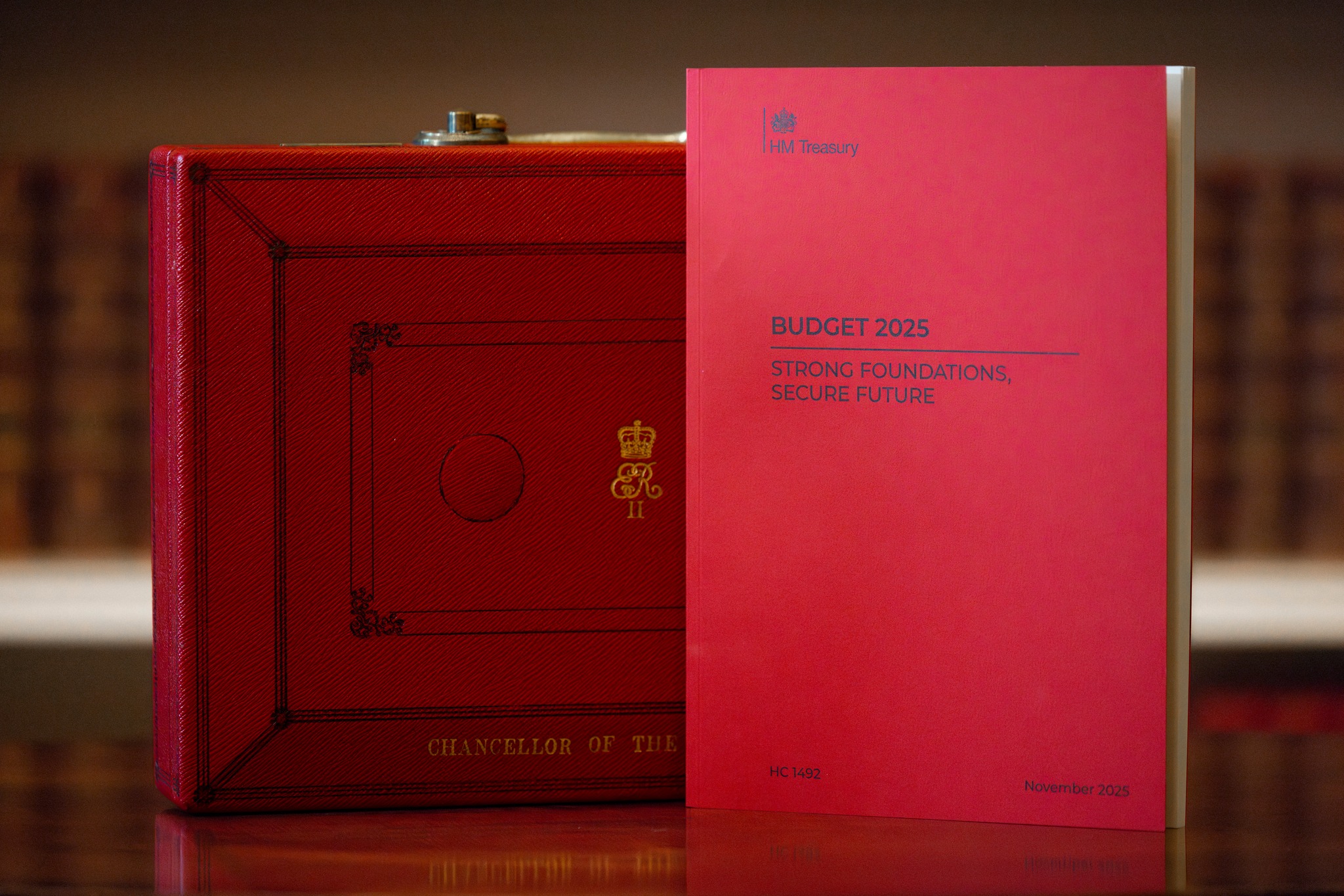The impact of the 2021 budget on R&D tax credits

The Chancellor of the Exchequer, Rishi Sunak, has unveiled his 2021 budget. Sunak set out both further investment and grants to support individuals and businesses hit by COVID, as well as beginning to chart a road toward financial recovery.
The Chancellor of the Exchequer, Rishi Sunak, has unveiled his 2021 budget. Sunak set out both further investment and grants to support individuals and businesses hit by COVID, as well as beginning to chart a road toward financial recovery.
Much was anticipated for businesses, including a corporation tax hike and some sector-specific funding. The introduction of the ‘super-deduction’ allowance, however, was Sunak’s bold undertaking. It was labelled “the biggest business tax cut in modern British history” by the chancellor himself. This two-year plan will encourage companies to invest by reducing their tax bill by 130% of the cost of new qualifying capital investments they make.
Sunak’s ‘three-pronged attack’
The chancellor announced his plans on the 3rd of March, focusing on his three main imperatives - to protect jobs and businesses, strengthen public finances, and rebuild the economy.A hike in corporation tax was laid out to commence in 2023, targeting larger and more profitable businesses.
The government also announced that it will establish the first ever ‘green bank’, supporting green projects with a particular focus on the offshore wind industry. The bank will see an initial capitalisation of £12bn, supporting an estimated £40bn of infrastructure projects.
Impact on R&D tax credits
SME and RDEC are the UK’s research and development tax relief programmes. SMEs typically offer greater financial/tax benefits of between 18% - 33.35%, and RDEC tax credit amounts to 11% of your qualifying R&D spend.Although corporation tax faces a hike from 19% to 25%, SMEs (businesses with profits of less than £50,000) will be taxed at the current rate of 19%, even after the 25% tax is implemented.
These businesses will not be affected and the current rate of R&D tax benefit will remain as it is.However, the increased flexibility to carry back losses to a period of three years will allow businesses to increase the benefit of an R&D claim by potentially offsetting created losses against previous years’ profits, rather than surrender these losses for an R&D tax credit.
From the 1st April 2023, companies with profits over £250,000 could see the rate at which qualifying R&D expenditure creates a reduction in tax paid increase from 24.7% to 32.5%. This further emphasises the government’s commitment to R&D investment and encourages innovative businesses to ensure they are utilising the R&D tax relief scheme.
New consultation on R&D tax relief
The government’s ambitious target to raise total R&D investment to 2.4% of UK GDP by 2027 remains, and the budget announced a review of these reliefs through the input of consultation with stakeholders.
The consultation builds on the recent review to include data and cloud computing costs as a qualifying category of R&D expenditure. As the pace of change continues to accelerate, it was clear that a full deep-dive of the scheme was necessary to make sure it is still fit for purpose.
Adam Kene, CEO at Kene and contributor to the consultation, notes: “The enhanced review of the R&D tax relief scheme seeks to make the incentive more competitive globally and better direct funds to those most deserving. Businesses are set to benefit through a raft of improvements to ensure the longevity and effectiveness of the scheme over the years to come.”
The consultation will conclude in June. Overall, the 2021 budget positively indicates towards exciting enhancements of the current R&D tax credits scheme, with further changes set to arrive later in the year.
FAQs

Can we help your business?
Book a free consultation with our expert R&D funding advisors today. We specialise in helping innovative businesses like yours unlock millions in government funding, specifically allocated to fuel your innovation. Let us help your business access the support it deserves.








.svg)


